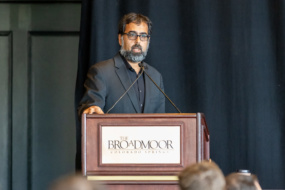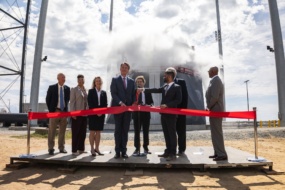A handful of new launch companies will soon head down to Cape Canaveral to set up shop at newly dedicated launch pads.
USSF announced last night that it has begun to implement its Launch Pad Allocation Strategy (LPAS), which is intended to give more launch companies an opportunity to launch from the historic launch site. With this initial implementation, USSF granted launch pads to four small launch companies:
- ABL Space at Space Launch Complex (SLC) 15
- Stoke Space at SLC 14
- Phantom Space and Vaya Space splitting SLC 13
These launch pads have been left mostly unused for decades.
“The opportunity to reactivate this site is a profound responsibility that our entire team holds in the highest regard,” Stoke CEO Andy Lapsa said in a press release. “As we bring LC-14 back to life and carry its legacy into the future, we will be sure to do so in a way that preserves its existing history and pays homage to those who came before us.”
Looking ahead: This is only the beginning of USSF’s initiative to bring more launchers down to the Cape. The first round focused on small launchers. Next up, Space Launch Delta 45 hopes to allocate launch pads to medium, heavy, and super-heavy lift rocket companies.




